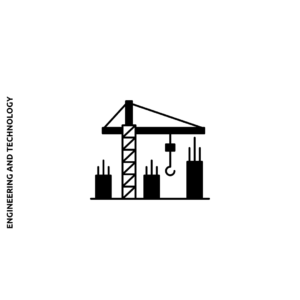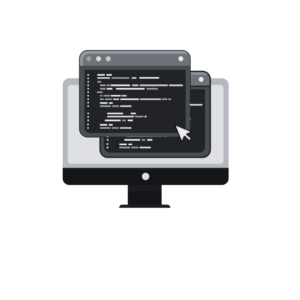Description
A Bachelor of Technology – Lateral Entry (B.Tech-LE) in Bioinformatics is a specialized program designed for students who have completed a diploma in bioinformatics, biotechnology, computer science, or a related field. This program allows students to enter directly into the second year of the B.Tech curriculum, focusing on the intersection of biology and data science.
Curriculum Overview
The curriculum for a B.Tech-LE in Bioinformatics typically combines concepts from biology, computer science, and statistical analysis. Here are some common subjects and areas of study included in this program:
Introduction to Bioinformatics:
Overview of bioinformatics, its applications in genomics, proteomics, and systems biology.
Biology for Bioinformatics:
Fundamental concepts in molecular biology, genetics, and cell biology necessary for understanding biological data.
Programming for Bioinformatics:
Introduction to programming languages commonly used in bioinformatics, such as Python and R, for data analysis and algorithm development.
Data Structures and Algorithms:
Study of data organization, manipulation techniques, and algorithms with applications in bioinformatics problem-solving.
Biostatistics:
Application of statistical methods to analyze biological data, including experimental design and data interpretation.
Genomic Data Analysis:
Techniques for analyzing and interpreting genomic data, including sequencing technologies and bioinformatics tools.
Proteomics and Metabolomics:
Study of protein functions and interactions, as well as analysis of metabolites in biological systems.
Biological Databases:
Overview of biological databases (like GenBank, UniProt), their architecture, and how to retrieve and manipulate data.
Computational Biology:
Application of computational and mathematical techniques to model biological systems and processes.
Machine Learning in Bioinformatics:
Introduction to machine learning techniques and their applications in biological data analysis and prediction.
Ethics and Regulations in Bioinformatics:
Study of ethical considerations and regulations impacting bioinformatics research and data use.
Capstone Project/Internship:
A practical project or internship that allows students to apply their bioinformatics skills in real-world research or industry settings.
Career Opportunities
Graduates with a B.Tech-LE in Bioinformatics can explore various career opportunities in the pharmaceutical, biotechnology, healthcare, and research sectors. Some potential job roles include:
Bioinformatics Analyst: Analyzing biological data using bioinformatics tools and presenting findings to support research.
Computational Biologist: Utilizing computational techniques to model and interpret biological processes and systems.
Data Scientist in Biotech: Implementing data analysis methods to extract insights from large biological datasets.
Genomic Data Scientist: Focusing on the interpretation and analysis of genomic data, particularly in personalized medicine.
Biostatistician: Applying statistical methods to biological research and clinical trials, ensuring data integrity and accuracy.
Software Developer for Bioinformatics Tools: Designing and developing software applications and tools for bioinformatics research.
Clinical Bioinformatician: Collaborating with clinicians to apply bioinformatics approaches in clinical settings for improving patient care.
Research Scientist: Conducting research in academic or industrial settings, focusing on bioinformatics applications in life sciences.
Quality Control Analyst: Ensuring the accuracy and reliability of biological data and processes in laboratory settings.
Regulatory Affairs Specialist: Working with bioinformatics data in compliance with regulatory guidelines in the biotech and pharmaceutical industries.
Further Education
Graduates may consider pursuing higher studies, such as a Master?s degree in Bioinformatics, Biostatistics, or Computational Biology to further enhance their expertise and career prospects. Additionally, obtaining certifications in specific bioinformatics tools, data analysis software, or emerging technologies can be beneficial.
If you have any further questions about the curriculum, career paths, or other aspects of a Bachelor of Technology – Lateral Entry in Bioinformatics, feel free to ask!









